عيلِة
/ʻailih/
Means
Family
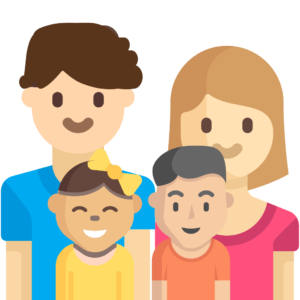
أَبْ
/ʼab/
Means
Father
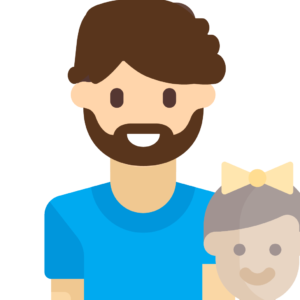
إِمْ
/ʼim/
Means
Mother
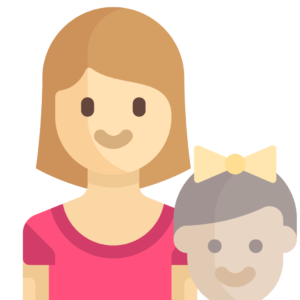
إِخِتْ
/ʼikhit/
Means
Sister
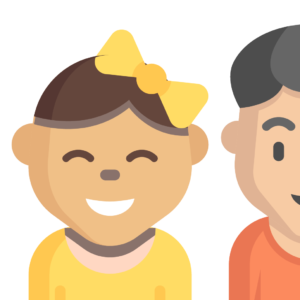
أَخّ
/ʼakh/
Means
Brother

اِبِنْ
/ibin/
Means
Son

بِنِتْ
/binit/
Means
Daughter
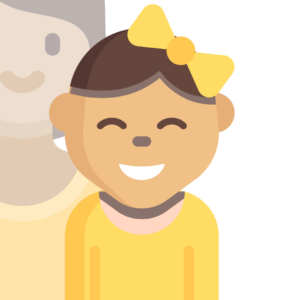
Adding ي
to any noun will turn it into a possessive pronoun
As in (My House)
بيتــي
/baitee/

Adding ك
to any noun will turn it into a possessive pronoun
You (Masculine/ Singular)
As in (Your House)
بيْتَك
/baitak/
Adding ك
to any noun will turn it into a possessive pronoun
You (Feminine/ Singular)
As in (Your House)
بيْتِك
/baitik/
Adding ـه
to any noun will turn it into a possessive pronoun
You (Masculine/ Singular)
As in (His Mother)
إِمُّــه
/ʼimmuh/
Adding ـها
to any noun will turn it into a possessive pronoun
You (Feminine/ Singular)
As in (His Mother)
إِمَّـا
/ʼimmaa/
عَنْدي
/ʻandee/
Means
I have/ own
عَنْدَك
/ʻandak/
Means
You have/ own (Masculine)
عَنْدِك
/ʻandik/
Means
You have/ own (Feminine)
ما
/maa/
Means
Is a negation tool
that should precede verbs
For more info regarding the family in Arabic and how to learn Arabic online,
you can download the Arabic learning app Kaleela to learn Arabic the right way.









